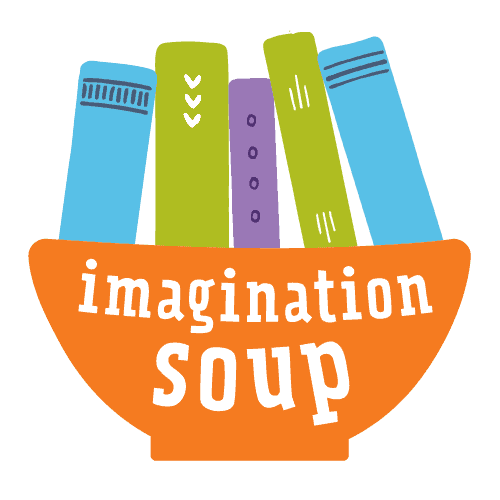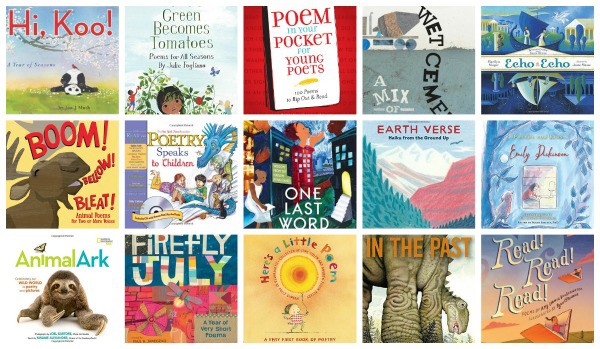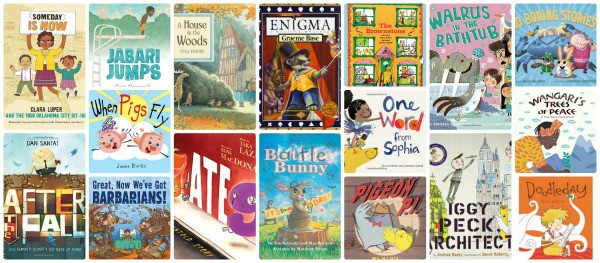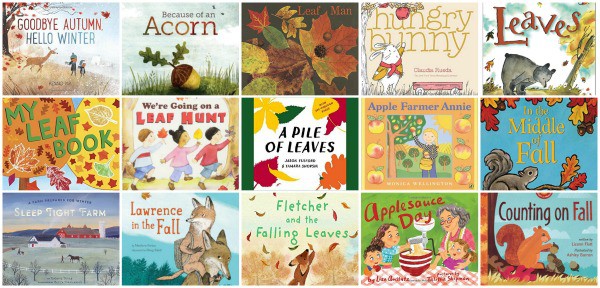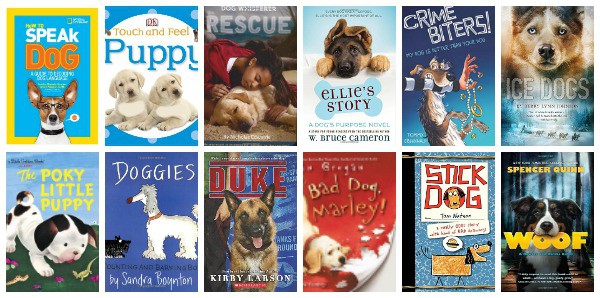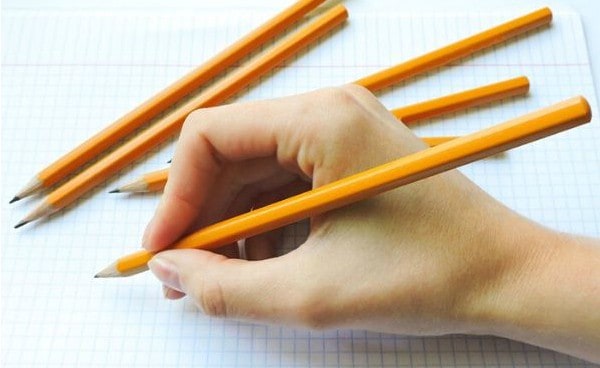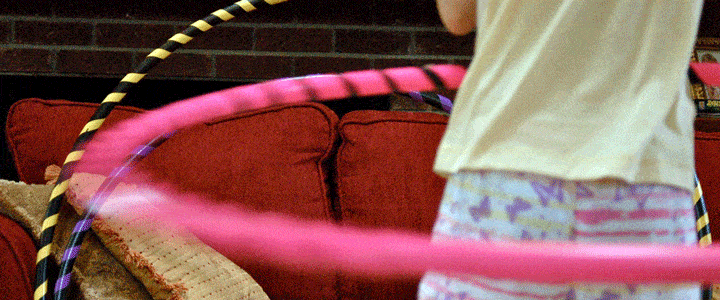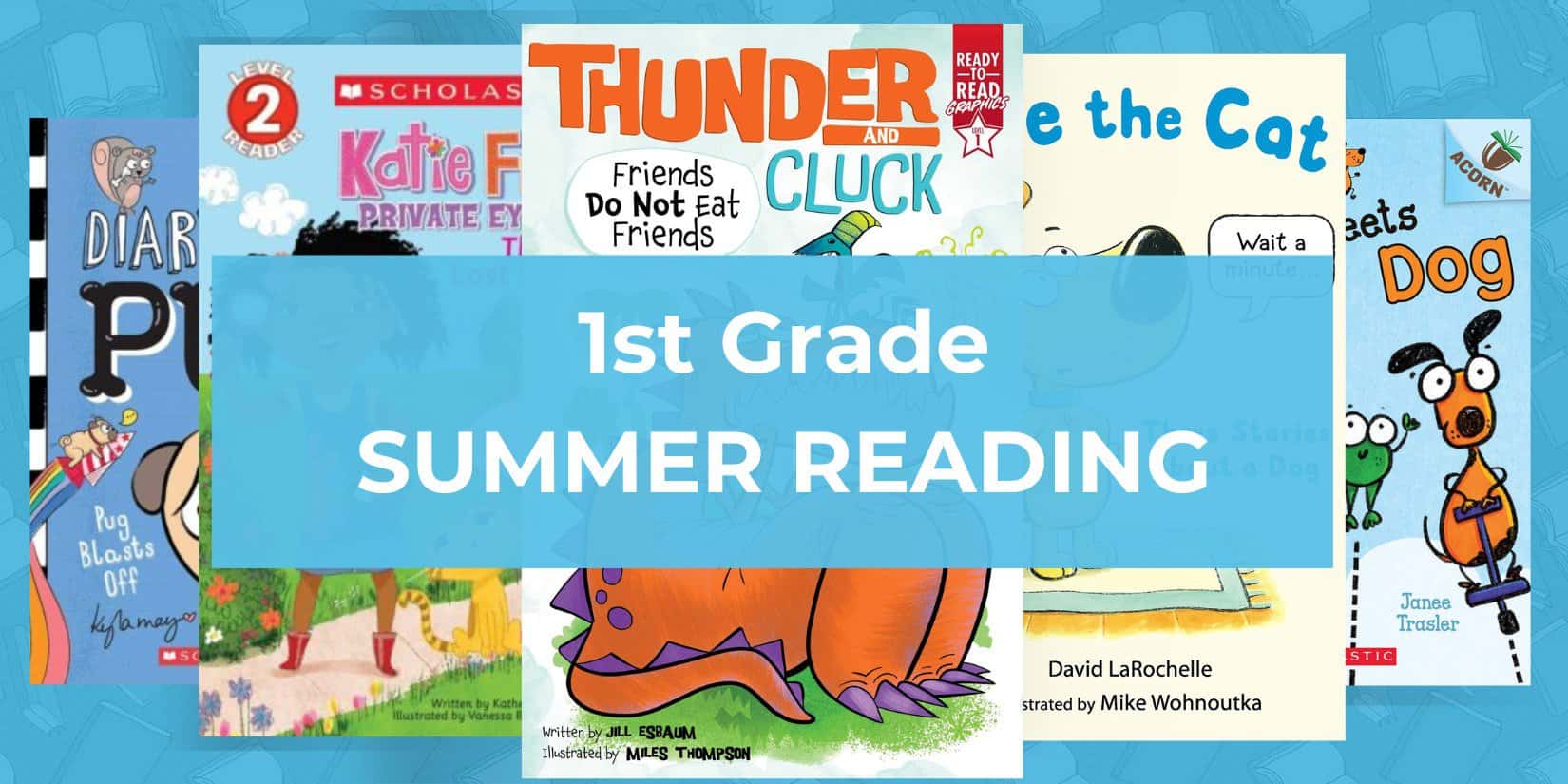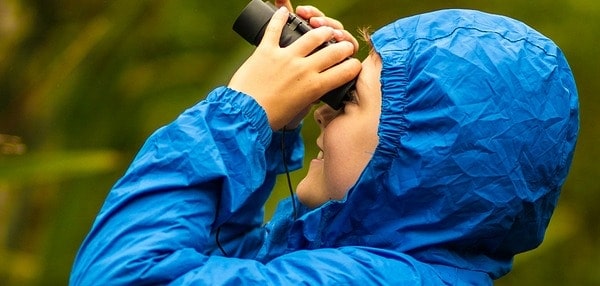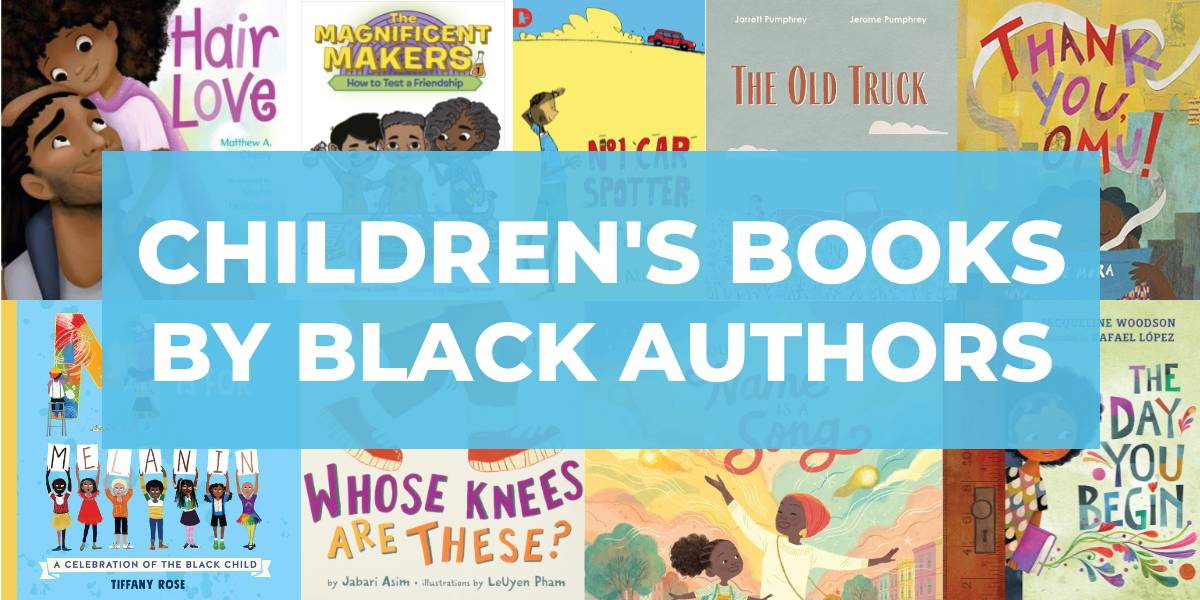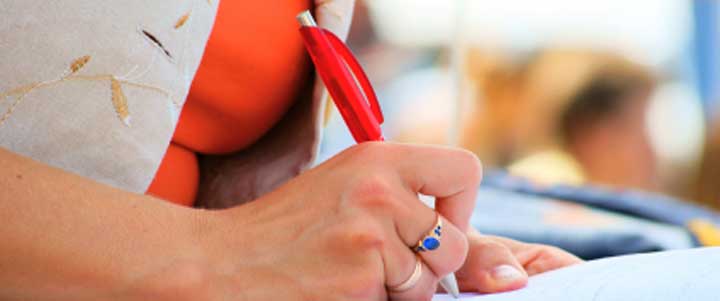12 Children’s Books of Haiku Poems for Kids
This post may contain affiliate links.
I love sharing haiku poems with children. Do you? Haiku is a short Japanese poem that is accessible and appealing to most children. As a parent and former teacher, I’ve read hundreds of poetry collections and found the best haiku poetry books to share with you for the children in your life. Are you ready to dive in to everything haiku?
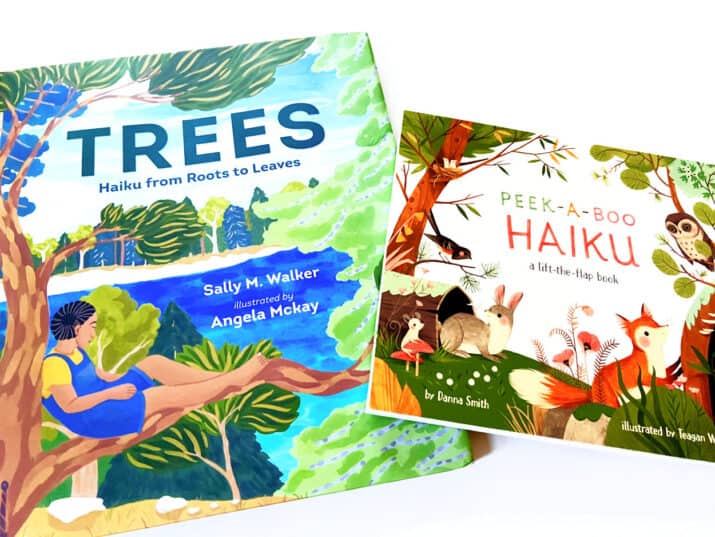
What is a Haiku Poem?
Do you know the definition of a haiku poem? It’s a traditional lyrical Japanese poem, usually about nature or intense emotion.
The haiku form consists of three short lines that don’t rhyme. The syllable count or total number of syllables in a haiku poem is 17.
- The first line is 5 syllables.
- The second line is 7 syllables.
- The third line is 5 syllables.
Because of its brevity, children can easily learn to write this short poetic form. In an article for Imagination Soup, Boet Bob Raczka shares that the traditional haiku poems are usually about nature but can also be about moods or emotions. In his book, Guyku, he writes about the seasons. If you want to try to write you own haiku poems, Racka explains the steps here to write a haiku poem.
Before you start writing your own short poems, read haiku examples in these beautiful children’s picture books with Haiku poems. They all share brilliant examples of poems that kids will love to read; some are funny, some are sweet, and all are full of life.
And before you get to reading, remember that poems are meant to be read out loud. Read these poems to practice reading, intonation, fluency, speech, and breath. Consider pausing in different spots. How does that change the emphasis and meaning?
Let’s dive into the best children’s books of haiku poetry!
Children’s Books with Haiku Poems
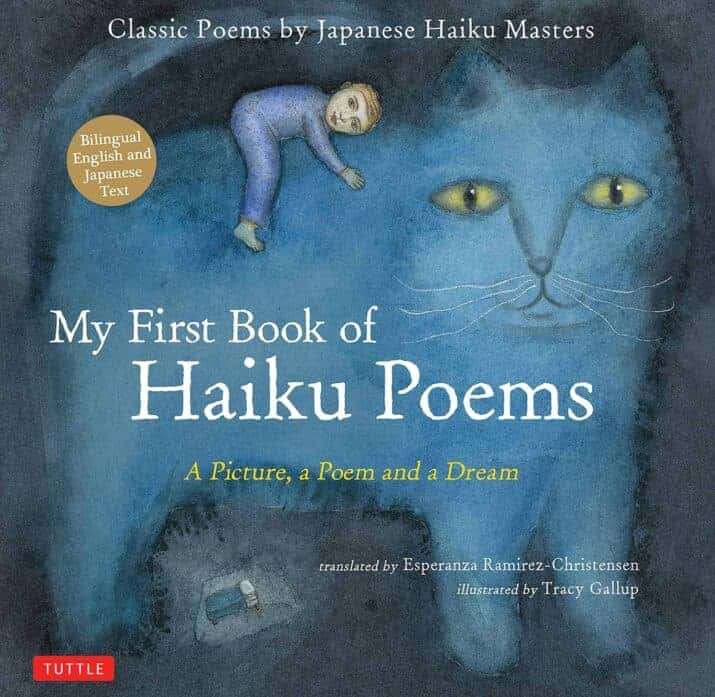
My First Book of Haiku Poems: A Picture, a Poem and a Dream by Japanese Haiku Masters, translated by Esperanza Ramirez-Christensen, illustrated by Tracy Gallup
I love everything about this poetry book; the stunning famous haikus about nature, the luminous illustrations, and the deep-thinking food for thoughts notes.
These are poems from the masters — I’m talking about traditional haiku poets like Matsuo Basho, Kobayashi Issa, Yosa Buson, Masaoka Shiki, and other master Japanese poets. Run out to buy this BEST haiku poetry book for your home and classroom libraries. It’s SO impressive and my favorite book on this list!
Here’s a haiku poem from the book:
Just being alive,
the poppy flower
and I.
–Issa

Hi, Koo! by Jon Muth
Remember Zen Shorts by Jon Muth? Stillwater’s nephew explores the seasons captured in snapshot haikus. Muth explains, “. . . haiku is like an instant captured in words — using sensory images.” If you read closely, you’ll see that the 26 poems follow the alphabet. Beautiful. Do these poems make you want to go outside?
What do you think of this haiku example?
Reading aloud
a favorite book
an audience of sparrows
 Guyku by Bob Raczka, illustrated by Peter H. Reynold
Guyku by Bob Raczka, illustrated by Peter H. Reynold
Guyku is a fun, whimsical, and easy-to-understand children’s book of haiku poems for “guys” with poems about topics like nature, friendship, and play. The poems follow the four seasons, hence the title, A Year of Haiku for Boys.

Animal Ark Celebrating Our Wild World in Poetry and Pictures by Kwame Alexander, photos by Joel Sartore
Alexander writes about each animal or animal grouping in evocative haikus with jaw-dropping photographs taken by Joel Sartore. For a dramatically angled fruit bat on a black background, Alexnder writes, “wings like a cape / ready for flight / into the sweet, dark night.”
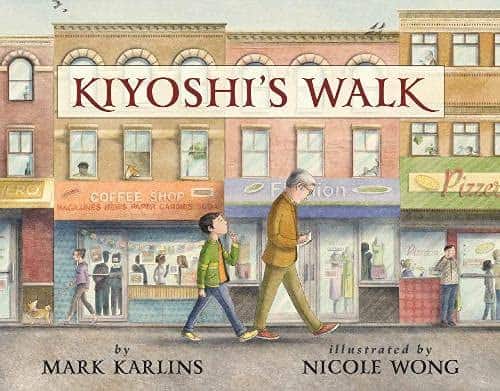
Kiyoshi’s Walk by Mark Karlins, illustrated by Nicole Wong
In this narrative picture book, we walk the town with Kiyoshi and his poet grandfather Eto. His grandfather shows Kiyoshi where poems come from. When Eto stops to write a poem, Kiyoshi realizes that poems come from what you see, what you hear, what you imagine, and what you feel. Kiyoshi writes a poem, too. Then they walk home, seeing that there is a poem in everything. I LOVE this book so much and highly recommend it as the perfect read aloud to introduce a poetry unit.

H is for Haiku by Sydell Rosenberg, illustrated by Sawsan Chalabi
I love the presentation of these alphabetical modern haiku poems — from the bold typeface to the exuberant illustrations. Rosenberg’s topics celebrate the little moments in life; specifically, life in New York City. Moments like wrinkled leaves in a puddle, children carrying umbrellas, or squirrels munching on acorns. These haiku poems show that poems can be about anything. Use these to see the world differently and to celebrate life’s small events.
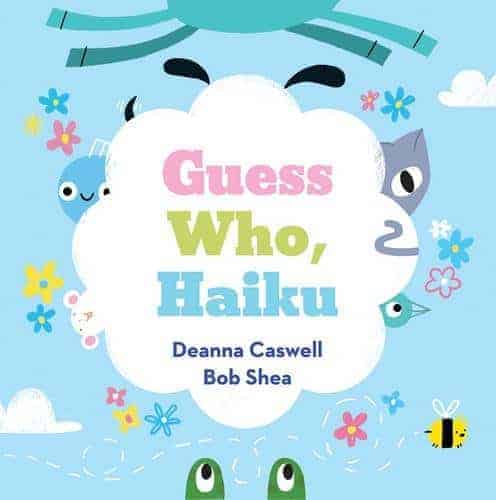
Guess Who, Haiku by Deanna Caswell, illustrated by Bob Shea
What a creative twist! The traditional nature haikus become clever riddles for kids to guess the answers.
See if you can guess the answer to this haiku riddle:
a soft nose in oats
after an afternoon ride
back at the stable
What do you think the answer is?

The Horse’s Haiku by Michael J. Rosen, illustrated by Stan Fellows
Lovely earth-toned watercolors accompany haiku poems all about horses. Horse lovers like me know these scenes — rolling around in the dusty field, the clip-clop of hooves in the barn, and the wet chest after a day’s ride.

Earth Verse Haiku from the Ground Up by Sally M. Walker, illustrated by William Grill
Science teachers looking to integrate literacy into their curriculum use this book as a model to write haiku poems about the Earth!! “hold fast, stalactite, / everlasting icicle, / stone bed for a bat” I think it’s interesting to see what words and descriptions the poet used for each topic. Because haiku is limited, the choices must be deliberate and well thought out.
 Spi-Ku: A Clutter of Short Verse on Eight Legs by Leslie Bulion, illustrated by Robert Meganck
Spi-Ku: A Clutter of Short Verse on Eight Legs by Leslie Bulion, illustrated by Robert Meganck
Rich imagery and playful language fill this engaging book of spider-themed poems of all kinds accompanied by informational text and illustrations. Different poetic forms and different kinds of spiders fill the pages. Learn about silk, food, senses, and much more. Parents, read this to help your children discover a love for poems! Teachers, whatever poetry form or literary devices you’re teaching, you’ll find beautiful examples in this book.

Peek-a-Boo Haiku: A Lift-the-flap Book by Danna Smith, illustrated by Teagan White
This is a sturdy board book for toddlers and preschoolers with simple nature haiku poems. After you read the poem, lift the flap to say hello to a forest animal friend.
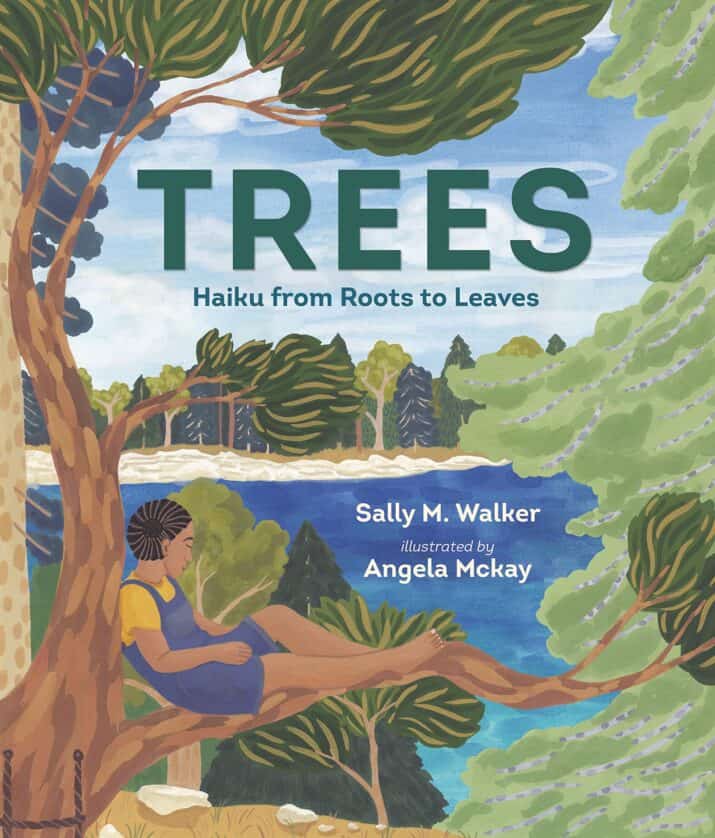
Trees: Haiku from Roots to Leaves by Sally M. Walker, illustrated by Angela McKay
Filled with science vocabulary words like concentric circles and phloem tubes, this book explores every aspect of trees, from their roots and their oxygen-giving properties to their shelter for playful kids and rainforest sloths.
energetic leaves
brew sunlight, gas, and water:
photosynthesis

One Leaf Rides the Wind by Celeste Mannis, illustrated by Susan Kathleen Hartung
My husband and I love visiting Japanese Zen gardens — this book transports readers into such a garden using the simplicity of haikus and counting numbers from one on up paired with evocative illustrations.
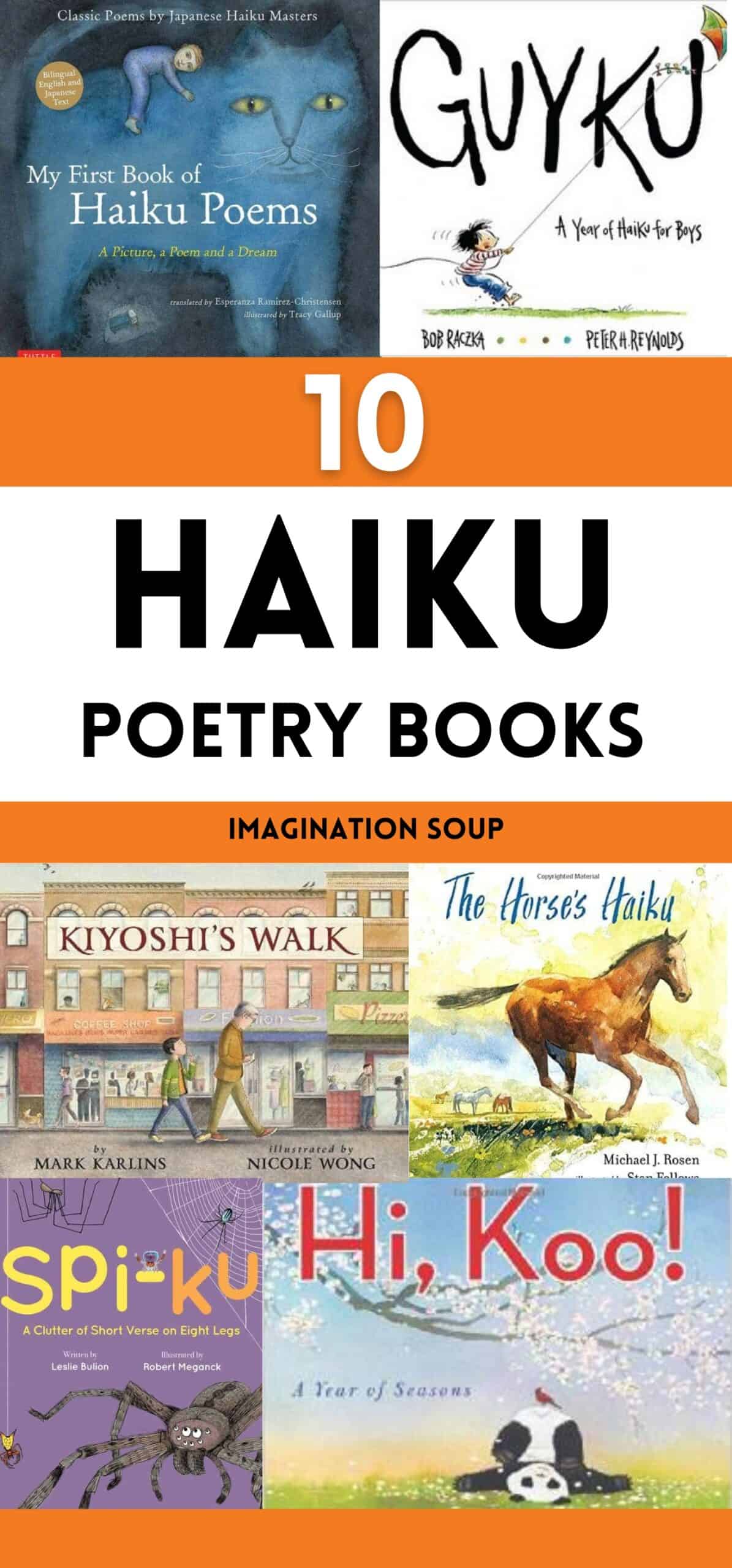
KEEP READING
The Best Poetry Books for Kids
